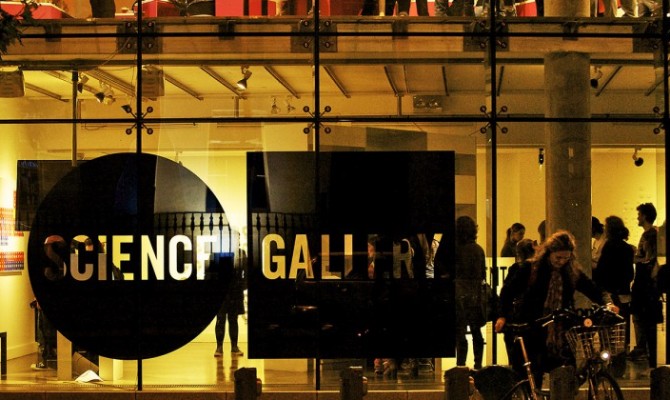Lynn Scarff has been formally selected as the new director of Trinity College Dublin’s Science Gallery. The announcement was made yesterday by Vice Provost, Linda Hogan. Scarff has been working with the Science Gallery as the Education and Outreach Manager for eight years now.
Scarff has succeeded Dr. Michael John Gorman, who founded the Science Gallery in 2008 and has been working as the founding director since its inception. He aimed to create a space where art and science could flourish alongside each other with the aid of creative public engagement. He is recognised for his contributions in stimulating scientific awareness among post-primary school children, most notably his development of the 3-D interactive video game, NanoQuest.
Vice-Provost Hogan was delighted to announce the new appointment. “Lynn comes to the role with a deep appreciation of the interplay of science and the arts and the collaborative role that the Science Gallery can play with colleagues across the university in engaging audiences with our experts and cutting edge teaching and research.”
Scarff commented on her new position, saying: “I am delighted to take on this new role at Science Gallery Dublin. I have a deeply held belief in the transformative impact that compelling cultural experiences and informal learning can have on our lives.” She went on to express her pride in what the Science Gallery has achieved to date. “I have seen first-hand the opportunities that experiences in Science Gallery have opened up for Ireland’s young creative thinkers and I am looking forward to growing and extending the reach of these activities both nationally and internationally in partnership with all of Science Gallery’s stakeholders and supporters.”
Stemming from a background in environmental and non-profiting sectors, Scarff has developed a series of exhibitions, events, books and programmes – both on screen and on radio – for these causes throughout her career. She has led the development of Studiolab, the first art-science initiative from the European Commission and is an award winning international speaker and writer in fields of art science, public engagement with science and informal learning programmes. She has also worked alongside a broad network of collaborators in the field of art and science including The Wellcome Trust, Science Foundation Ireland, European Commission, ECSITE and Creative Europe.
Scarff aspires to follow on from the success of the Science Gallery in its debut years. According to the admissions survey taken by all Trinity students, 10% have quoted the Science Gallery as being a contributing factor in their decision to study here.
The Science Gallery now hosts over 400,000 visitors per annum, with a total of two million unique visitors since it first opened its doors. It is expanding its outreach via the new Global Science Gallery Network which aims to set up galleries in London, Melbourne and Bengaluru in India, with the London gallery set to open its doors to the public next year.
The current exhibition, Field Test, runs until June 5 and highlights the radical advancements being made in the agricultural sector.







